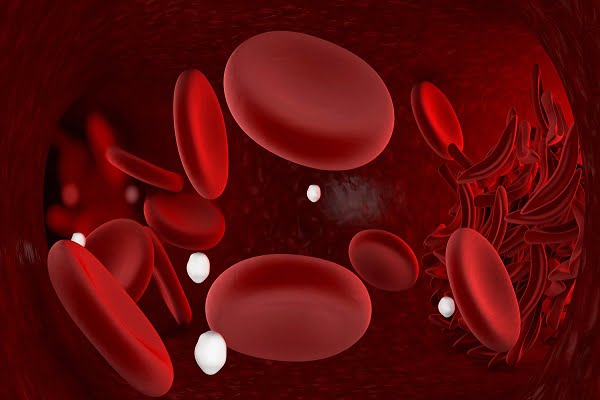Problems Due to Calcium Deficiency: Is Low Calcium Dangerous?
- Updated on: Jul 13, 2024
- 3 min Read
- Published on Oct 3, 2019


What happens if there is not enough calcium in the body?
The low level of calcium in your body is indicative of either deficiency of calcium or vitamin D or both, since vitamin D is necessary for absorption of calcium from your dietary sources.
These both work as a team to help in growth and strengthening of teeth and bones. So, if you are lacking one, you must be low on another as well.
99% of your body calcium is stored in teeth and bone as an in-house reservoir. If you are not getting enough calcium from your dietary intake or your body doesn’t have adequate amount of calcium to help regulate the normal functioning and various physiological activities of your body where calcium is necessary such as muscle contraction, nerve conduction, blood clotting etc., your body starts using stored calcium from your bones, leading to thinning of the bones and decrease in bone mass. This condition is known as osteoporosis.
Stored calcium forms the matrix of the bone. Losing of the bone mass makes your bones weaker and susceptible to frequent fractures.
Not having enough calcium in your body can severely impact your body’s normal metabolic functioning such as:
- growth and repair of your bones
- heart and muscle contraction
- nerve conduction
- blood clotting
- regulation of enzyme activity
- formation of cell membranes
More: Ionized Calcium (Calcium in Your Blood)
Can low calcium levels cause fatigue?
Calcium does not only maintain bone health but also contribute to the health of muscles, nerves and heart. Vitamin D and calcium work in synergistic manner in maintenance of your bone health, if you don’t have adequate amount of vitamin D in your body, you will not be able to absorb optimum calcium from your diet for proper bone development. This deficiency can lead to loss of bone mass and osteoporosis making your bones fragile, compromising the health of your nerves and muscle as well. These all factors cause a continuous fatigue and lethargy in your body.
Some people also develop loss of appetite due to calcium deficiency (hypocalcemia), resulting in reduced consumption of energy, making your body weak. You may experience a persistent feeling of fatigue and lethargy.
More: Calcium Infusion: Types And Side Effects
How does low calcium affect the body? What are other complications with low levels of calcium in the body?
Low calcium level or calcium deficiency has serious and life-threatening complications if not diagnosed and treated properly.
Affect on bone health
First of all, it affects the bone health and causes leeching of calcium from your bone (osteoporosis), making them weak and vulnerable to break and fractures. It leads to loss of bone mass.
Affect on muscles and heart
It affects the heart and muscle contraction, leading to muscle stiffness and spasm, arrhythmias, congestive heart failure and tetany.
Calcium in urine
Some persons with hypocalcaemia have elevated levels of calcium in their urine which can lead to deposits of calcium in the kidneys and formation of kidney stones. These conditions can impair the kidney function and cause damage to the kidneys. It may lead to renal failure.
Affect on nerves
Calcium is necessary for nerve signalling in your body through which your nervous system communicates with your body. A deficiency of calcium can lead to abnormalities and impairment in neurotransmission of your body and ultimately a cascade of nerve issues may arise.
Complications related to blood
Calcium plays a pivotal role in blood clotting as a co-factor for various clotting factors and in platelet aggregation. Its deficiency can lead to prevention of blood clotting and may lead to serious blood loss during any injury.
Metabolic activities
Calcium is also helpful in various other metabolic activities of your body which are mediated by different enzymes and calcium acts as their co factor. In absence of calcium, these enzymes may fail to perform their normal activity.












